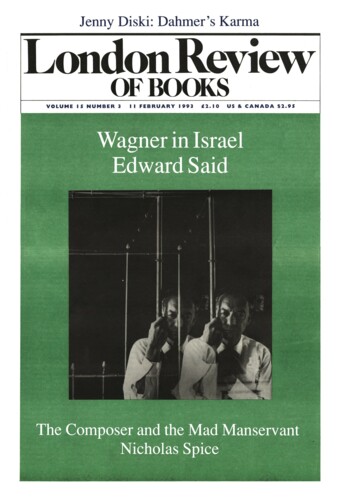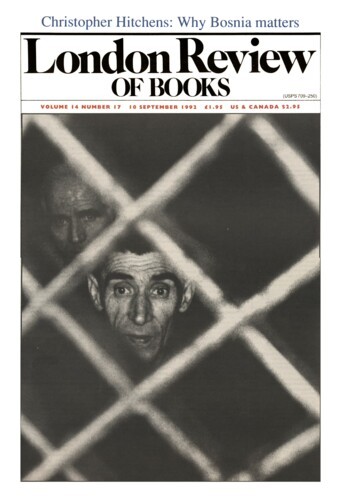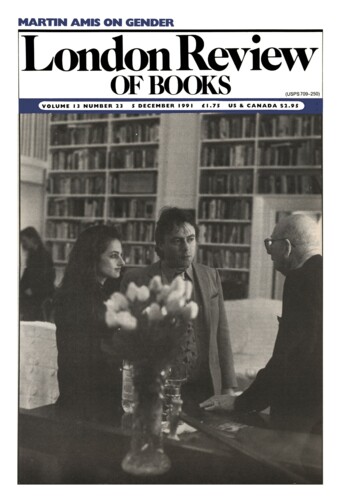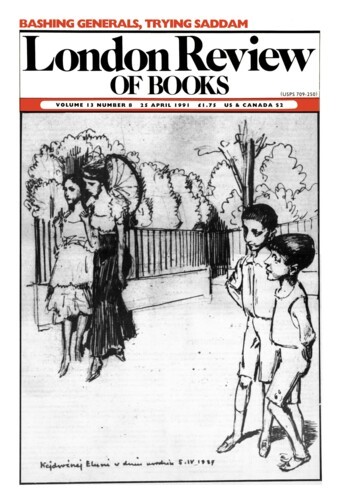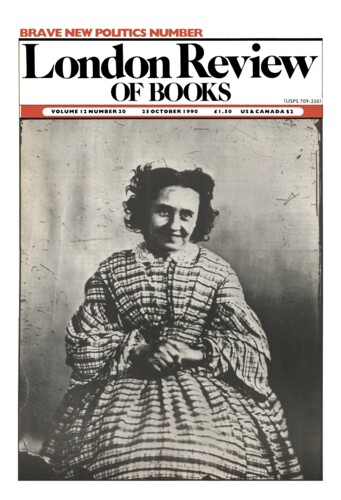Casual tourists from the West, travelling in air-conditioned buses and staying in modern government-sponsored hotels, may be pleasantly surprised by their first sight of Central Europe. In what used to be East Germany the countryside looks as prosperous and cultivated as anywhere in the West. City centres have been tidied up and carefully rebuilt, while the apartment blocks on the outskirts are no worse than one would find in the United Kingdom – in some places rather better. In Poland agriculture is picturesquely archaic, and in the bustling small towns the people look as well clothed and fed as they would at home. In Czechoslovakia Prague sparkles like a jewel, its streets thronged with happy holiday-makers. As for Hungary, it is hard to realise one is no longer in the West: the huge plains being efficiently (to all appearances) harvested by echelons of combines; the signs of prosperous well-being in industrial centres like Miskolc; the weekenders crowding the shores of Lake Balaton; above all, Budapest, a city in its elegance still more comparable to Paris than Vienna – is there anything seriously wrong here? The region is certainly ‘backward’ compared with Western Europe and the United States, but it always was. The cars and roads are smaller, the trains shabbier, the shops fewer and selling a more limited range of goods. But so it was with Spain or Southern Italy a few decades ago, a ‘backwardness’ almost attractive to the overfed, over-urbanised Westerner, and anyhow, surely remediable by a judicious infusion of capital, technology and expertise?’
Casual tourists from the West, travelling in air-conditioned buses and staying in modern government-sponsored hotels, may be pleasantly surprised by their first sight of Central Europe. In what...
